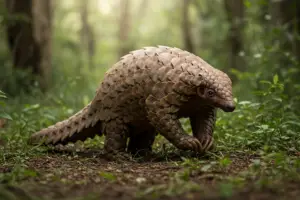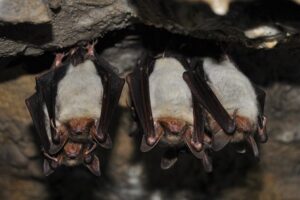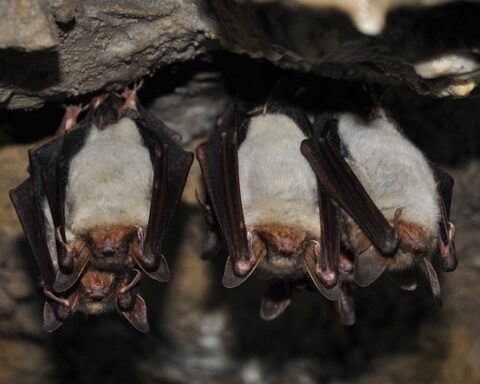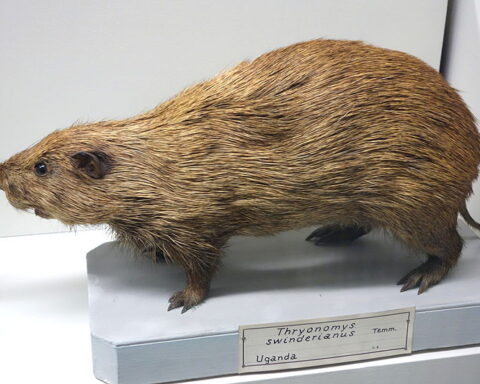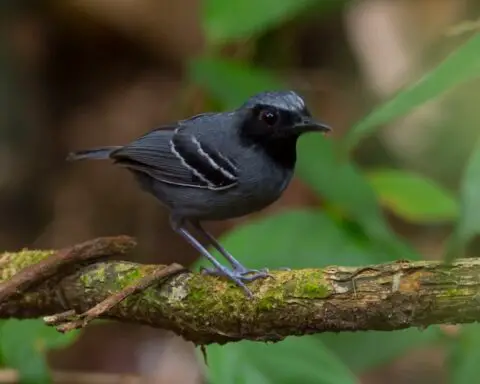Insects are one of the most common forms of life on earth. They come in all shapes and sizes and can be found almost anywhere. While many insects are harmless, others can cause significant damage. It’s important to be aware of the different types of insects and the damage they can cause, as well as how to control them. Also, insect control is an important part of integrated pest management (IPM) programs. Here, we will discuss 8 methods for controlling insects and preventing damage caused by them!
1. Contact pest control specialists
Professional pest control specialists can help identify and manage insect infestations. They are trained to use safe, effective, environmentally friendly methods for controlling insect pests. For example, you can use a pest control service in Glasgow if you have a flea problem and live in the area. Additionally, some pest control companies offer advice and recommendations on how to prevent further infestations. It’s important to remember that, although effective, chemical control of insect pests should be a last resort. While contacting pest control specialists can be expensive, it may be the best option when dealing with a severe infestation.
2. Use physical barriers and traps
Physical barriers, such as screens and door sweeps, can be used to prevent insects from entering a home. Similarly, traps like sticky boards or electric bug zappers can help reduce the number of flying insects in a given area. It’s important to remember that these methods do not get rid of an infestation completely; they merely reduce the population. Also, if not placed properly, these traps and screens can be ineffective. It’s best to consult a pest control specialist before using these methods. If you need to remove a trapped insect, use gloves to avoid contamination or injury.
3. Utilize environmental control
Environmental control is the practice of changing your environment in order to make it less desirable for certain types of insects. For example, you can eliminate standing water near your house where mosquitoes breed or remove debris from around the perimeter of your home where ants may live. You should also keep food stored away and properly dispose of garbage so that it does not attract pests. While environmental control is not a complete solution to an insect problem, it can help reduce the number of pests in your home. This method is especially beneficial for those who wish to avoid the use of chemicals.
4. Sanitize and clean regularly
Regular cleaning and sanitizing can help reduce the number of insects in your home. Vacuum carpets and upholstery to remove food particles, dust mites, fleas, and other pests. Clean all surfaces with a disinfectant or steam cleaner to help kill germs and bacteria that may attract certain pests. It’s also important to empty pet food dishes each night so as not to attract rodents or insects looking for an easy meal. This method is a great way to maintain a clean and pest-free space. Also, it’s important to regularly inspect your home for signs of infestation.
5. Practice proper landscaping for insect control
Landscaping is one of the most effective ways to reduce pest populations around your home. Trimmed trees and shrubs will provide fewer hiding places for insects. Mulch can be used around plants to help retain moisture while also deterring certain pests from entering your home. Additionally, you can use specific plants that naturally repel insects such as marigolds, lavender, and citronella. When landscaping, be sure to keep any plants that may attract certain insects away from your home. It’s also important to keep gardens and lawns well-maintained so as not to attract pests.
6. Utilize insecticidal sprays and liquids
Insecticidal sprays and liquids are an effective way to control pest infestations. These products contain chemicals that kill insects and other pests on contact. While some of these products can be dangerous for both humans and the environment, there are several organic compounds available that are made with natural ingredients and pose less of a risk. When using any insecticidal product, it’s important to always read the label carefully before use and follow all safety instructions. Insecticidal sprays should be applied in areas where the insects or other pests tend to congregate in order to have the most effect. The effectiveness of insecticides will depend on how severe the infestation is, so it may take several applications before seeing results.
7. Use natural predators
Natural predators are beneficial insects or animals that can be used to control a pest infestation. Certain types of birds, such as sparrows, crows, and starlings, are known to eat certain types of insects. Spiders and wasps can also be used to help control the population of certain species of insect pests. Additionally, some predatory nematodes can help reduce populations of specific insect pests by feeding on them. If you are considering introducing natural predators to control a pest infestation, be sure to research the species you are planning on releasing in order to ensure that they will not cause additional damage.
8. Use organic and natural repellents
Organic and natural repellents are a great way to reduce the number of insects in your home. Certain herbs and essential oils, such as citronella, lavender, and peppermint, can be used to repel certain species of insect pests. Additionally, there are several commercial products available that contain natural ingredients designed to repel or kill insects. These products typically pose less of a risk to humans and the environment than chemical-based insecticides. When using any type of repellent product, it is important to follow all instructions on the label carefully before use.
By implementing these 8 control methods for pest infestations you should have better luck keeping your home free from harmful insects and other pests! Remember that a clean and well-maintained home is the best way to ward off potential infestations. Additionally, if you suspect that your home is already infested with pests, contact a professional exterminator immediately. Taking the necessary steps to control insect infestations can save you time and money while also helping to ensure the health and safety of your family.

